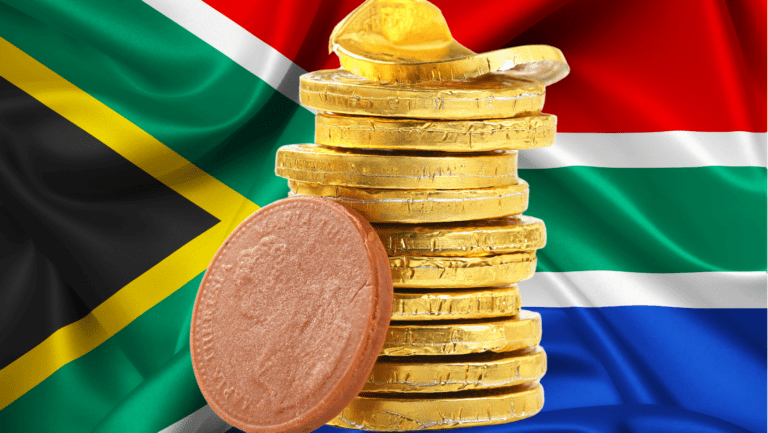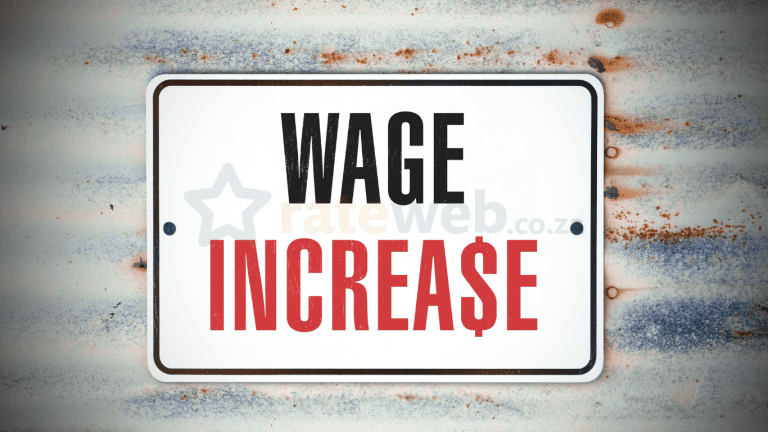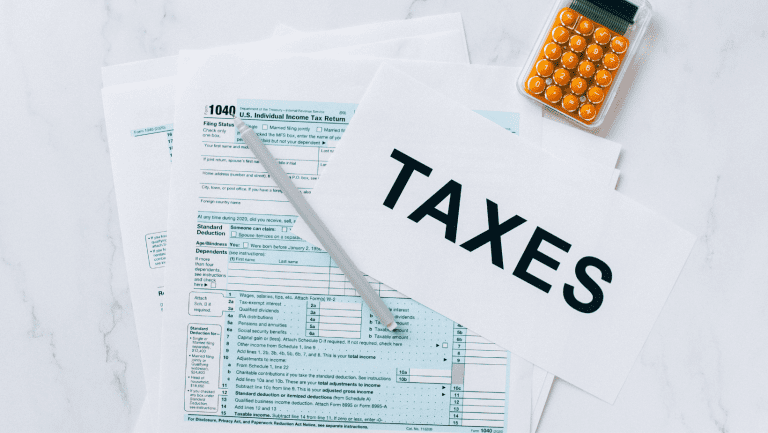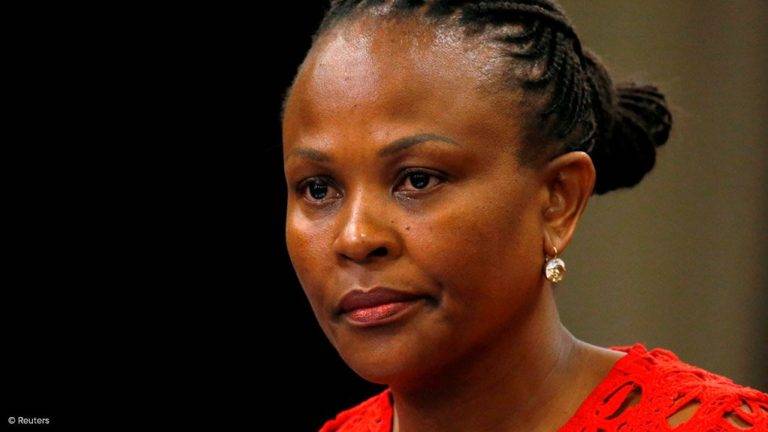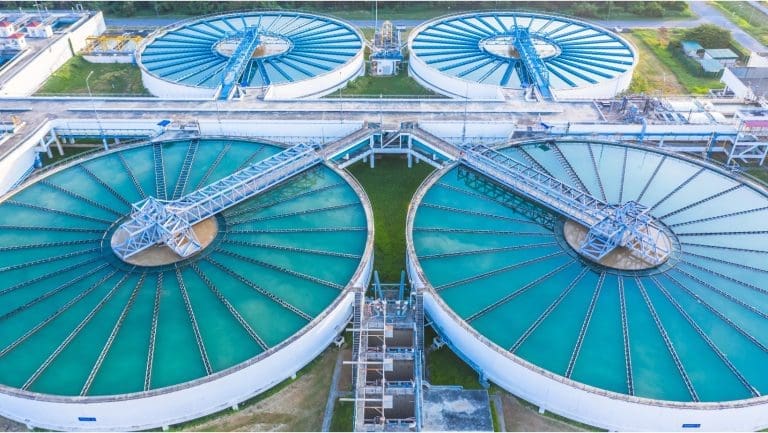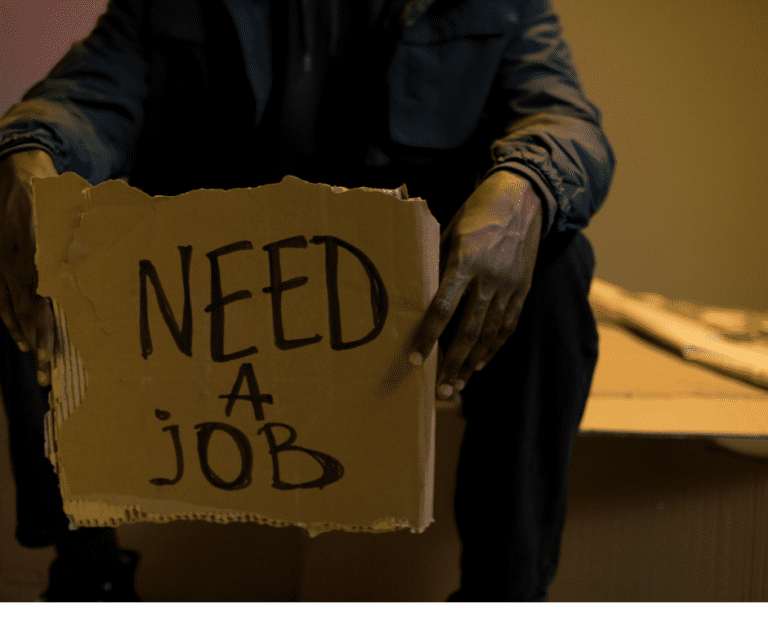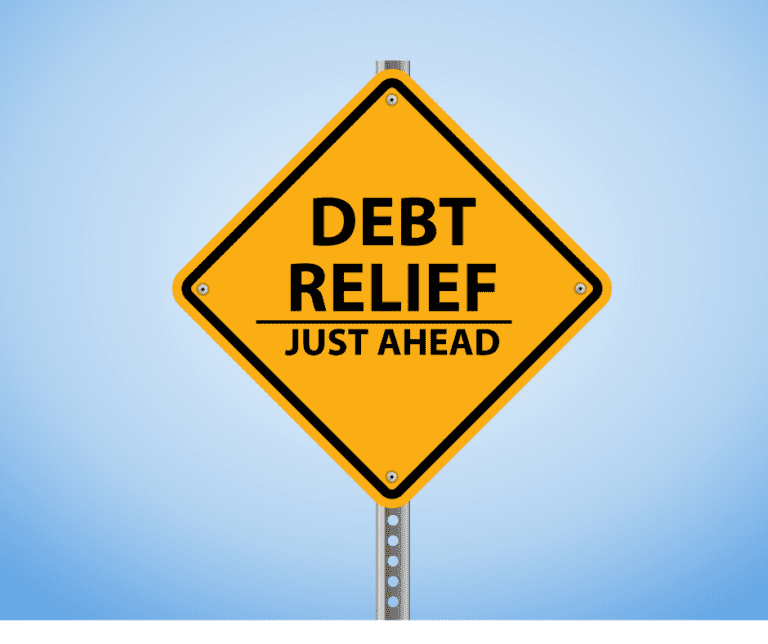Real Estate Investing has proven to be one of the best businesses to invest in the world over.
The trade has bred billionaires.
You cannot go wrong with real Estate Investing in South Africa.
You might be wondering which is the best investment in South Africa.
Well, Real Estate is not only the safest investment in South Africa but overwhelmingly the best.
Here’s the look at 10 reasons why Real Estate is the best investment in South Africa.
1. A projected spike in South Africa’s business confidence
The richest American property mogul, Donald Bren, owns hundreds of commercial properties and more than 60,000 apartments.
He’s worth $16.4 billion and ranks 68th richest in the world, per Forbes.
In South Africa, Sisa Ngebulana the CEO of Rebosis Property Fund Limited is estimated to be worth R400 000 by SA Entrepreneurs magazine.
According to Trading Economics, business confidence in South Africa is expected to stand at 12.00 in 12 months’ time.
In the long-term, the South Africa Business Confidence is projected to trend around 16.00 points in 2021 and 20.00 points in 2022, according to Trading Economics’ econometric models.
This means lots of people will start looking for property to rent to run their businesses. Furthermore, this ultimately means that there will be increased traffic into South Africa’s business confidence grows.
People will always look for apartments to stay in and that is a huge business for Real Estate.
2. Appreciation
One of the greatest value proposition real estate posses is the natural and forced appreciation it possesses.
It is without a doubt that the population in South Africa is increasing. This means that people will always look for accommodation as the population increases.
People will also be in constant need of either renting or building their own property hence its a trade that is always in season.
Additionally, people are concentrated in hotspot towns and cities, there is frequent rural to urban migration, and nowadays, its migration from areas of low economic activity to areas of high economic activity.
If you plan well and build your property in areas of high economic activity or areas set for economic growth, you are highly likely to strike gold!
You can also force the appreciation of your property by upgrading it.
People have an inclination towards fancy or latest property styles, hence upgrading your property will result in people willing to pay more in renting it.
3. Access to Funding
Now that we have established how Property rides on natural and Forced appreciation, you may be contemplating investing in real estate.
The good news is that banks are usually willing to fund property development. This fairly easy access to funding may prove once again that real estate is the best investment in South Africa.
Most banks in South Africa offer flexible loans for property development if you are in good standing with your bank.
If you have made up your mind with regard to getting funds from your bank, you need to contact your bank to find out the terms your bank is offering for property development.
4. Tangible Asset
Owning property and land is satisfying to the traditional investor. It is easier for one to even get loans using houses as collateral
While other investors may be satisfied with storing their assets in other intangible forms which may not increase in terms of monetary value, owning property will serve both as an asset and as a source of income.
You can even use your property to pursue other business interest saving you a great deal of money in rentals.
5. Insurable
Fears of losing your business investment due to any act of God may naturally arise when investing your business. However, real estate has an added advantage in that property is easily insurable.
There are a plethora of companies that are vested in insuring properties.
Taking advantage of the competition in the market can help you settle for the best insurance company.
Insurance package for the property includes protection against property damage, theft, break inns, natural disasters, and lawsuits. this is a great deal of insurance as compared to other assets
6. Market Cycles
The uncertainty of the economy and fluctuating of prices brings joy to any real estate investor. Taking advantage of the recession starring South Africa, if you want to start investing in real estate, then this is the best time.
The best time to buy property is usually during a crisis. When prices drop and the economy apprehensive, investors see an opportunity.
It is during a crisis when property moguls buy property at a cheaper price in anticipation of an inevitable boom.
When the economy picks up, so does the value of the property. Utilizing market cycles is crucial in building your empire in real estate investments.
7. Tax Benefits
The South African Government has been offering tax incentives to real estate investors. This places Real Estate as one of the the few industries that gets tax reprieves from Government.
According to Jacques Forche, CEO of property group IGrow, Real estate investors can legally leverage the Income Tax Act in their favour to get SARS to pay them millions of rand back from their capital invested into their buy-to-let property portfolios.
For every five properties investors buy, SARS allows a minimum of 55% of the purchase price as a tax deduction.
Forche further notes that SARS is effectively making a deal – if you are going to help us by providing affordable housing in South Africa which in turn helps us grow the economy, then we will make it worth your while by giving you money back – a lot of money.
8. Diversification
In real estate, there are lots of opportunities for diversification to suit an arising need.
While most businesses can be one dimensional, real estate can allow you to venture to widen your scope ranging from Student Accommodation, Bed and Breakfast services to renting out of town houses.
Other areas you can invest in are: apartment complexes, commercial complexes or malls and office buildings.
Real Estate is not limited to renting out of property for accommodation but owning lad for agricultural purposes is a great investment especially in an agro based economy like South Africa.
9. Liquidation
Just as you bought the property and developed it, there is alwasy someone out there willing to do the same.
Life can be hard at times and you may need to cushion yourself with some cash, disposing of your property is pretty much easy to do.
There are many people looking to invest in property in South Africa. Maltitudes looking for rentals or homes to live in. Very few people are interested in developing properties.
Buying ready property is now prevalent in South Africa.
Accordingly, you are guaranteed of your return on investment in case you need to let go of your property or you want to refinance.
10. Perpetual income
Once your property is developed, you are guaranteed of perpetual income.
Renovations usually happen once in a while meaning once you are done developing, you are guaranteed of morning coming in at the end of every month.
If you want passive income or early retirement, then invest in Real Estate.
Conclusion
Franklin D. Roosevelt sums it all up: “Real estate cannot be lost or stolen, nor can it be carried away. Purchased with common sense, paid for in full, and managed with reasonable care, it is about the safest investment in the world.”
You may find more value by going through, The ultimate beginner’s guide to investing in real estate




